BASIC NECESSITIES
Basic necessities are goods vital to the needs of consumers for their sustenance and existence in times of any of the cases provided under Section 6 or 7 of the Price Act such as, but not limited to:




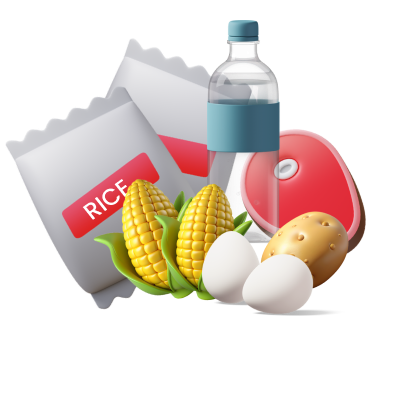
Rice, corn, cooking oil, fresh, dried, and other marine products, fresh eggs, fresh pork,
beef and poultry meat, fresh dairy products, fresh vegetables, root crops, sugar, and
fresh fruits.
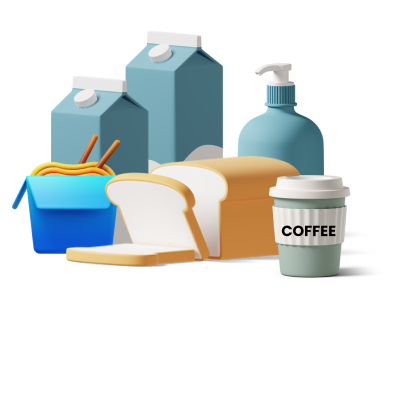
Canned fish and other marine products, processed milk, coffee, laundry soap, detergent,
candles, bread, salt, potable water in bottles and containers, locally-manufactured
instant noodles

Firewood and charcoal are traditional sources of fuel that have been used for centuries,
particularly in rural and low-income communities. These materials are essential for
cooking, heating, and various other domestic activities, especially in areas where access
to electricity or modern fuels like natural gas is limited.

Essential drugs, as classified by the Department of Health (DOH), refer to medications
that satisfy the priority healthcare needs of the population. These drugs are carefully
selected based on their efficacy, safety, and cost-effectiveness, ensuring they provide
the best therapeutic outcomes for the most common and significant health conditions.
PRIME COMMODITIES
Prime Commodities are goods not considered as basic necessities but are essential to consumers in times of any of the cases provided under Section 7 of the Price Act such as, but not limited to:




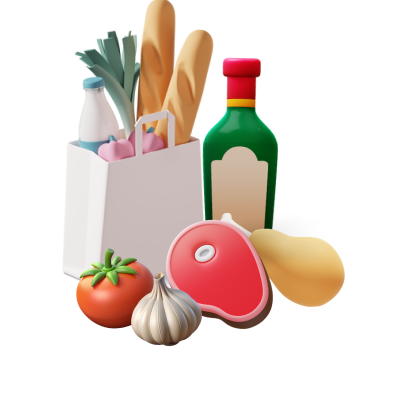
Dried pork, dried beef and poultry meat Fresh dairy products, onion, garlic. Basic
necessities not falling under fertilizer, pesticides, herbicides, poultry, swine and
cattle feeds.
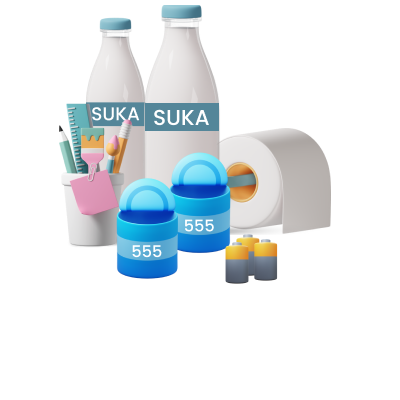
Veterinary products for poultry, swine and cattle, flour, processed and canned pork,
processed and canned beef and poultry meat, vinegar, patis, soy sauce, toilet soap, paper,
school supplies, cement, clinker, GI sheets, hollow blocks, construction supplies,
batteries, electrical supplies, light bulbs, steel wires.

Plywood, ply board, nipa shingles, and sawali are all essential materials commonly used in
construction, particularly for residential buildings in both urban and rural settings.
Each of these materials serves specific functions in construction and homebuilding, often
valued for their affordability, accessibility, and functionality.
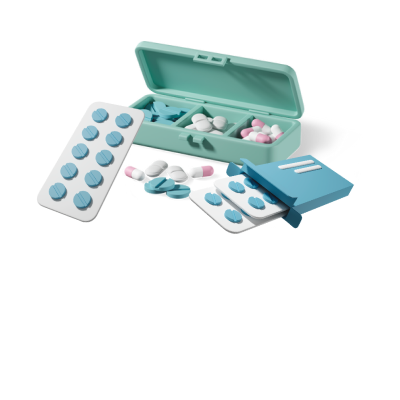
Drugs not classified as essential by the Department of Health (DOH) refer to medications
that are not prioritized in the national healthcare system for addressing the most common
and critical health needs. These drugs, while still important for treating various
conditions, are often considered supplementary or less urgent in the context of public
health priorities.
